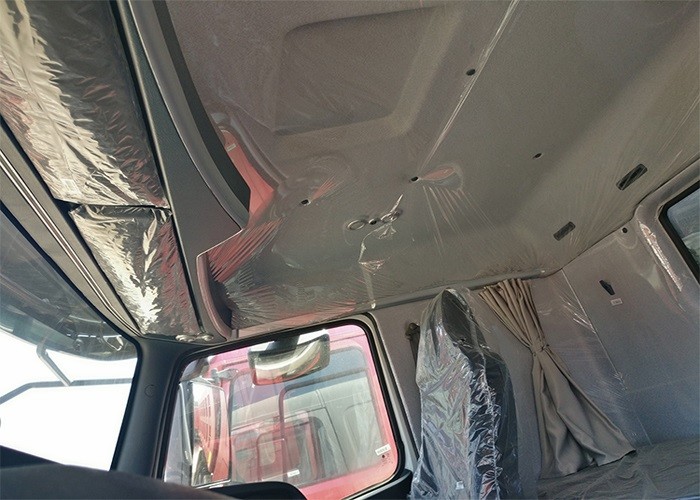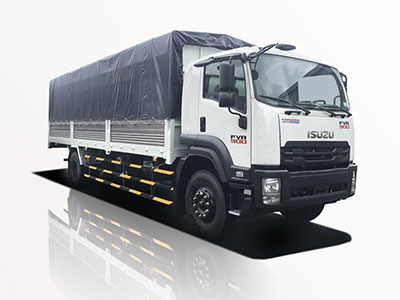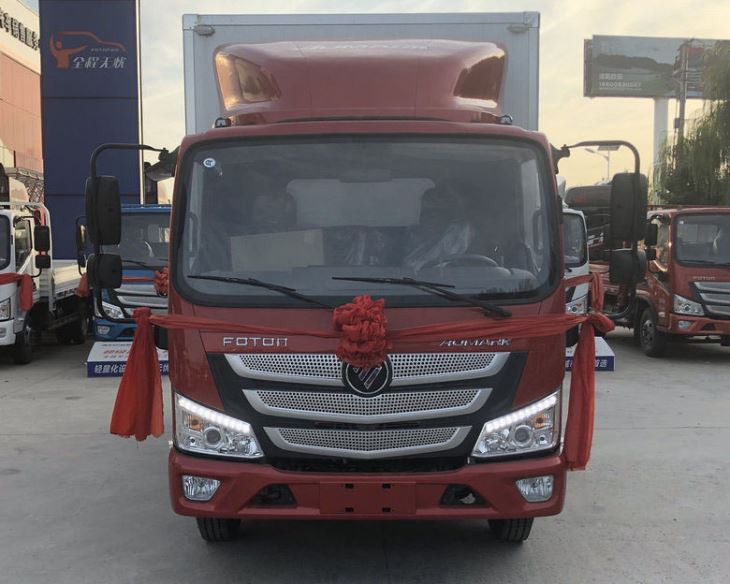Introduction
As urban areas grow and the volume of waste increases, efficient waste management becomes crucial. One of the significant components of this system is the use of various types of trucks for waste collection. Among them, roll off trucks—characterized by their versatility and capacity—are increasingly popular. This article delves into the role of roll off trucks in household waste collection, exploring their functionality, advantages, and practical applications. With insights aimed at homeowners and waste management professionals alike, we aim to provide a comprehensive understanding of how roll off trucks can be a valuable asset in managing household waste.
Understanding Roll Off Trucks
What are Roll Off Trucks?
Roll off trucks are specialized vehicles designed to transport large containers or dumpsters that roll off the back. They are ideal for handling substantial waste loads, making them a staple in construction, renovation, and household cleanouts. Their unique design allows for quick loading and unloading, offering convenience and efficiency.
History and Development
Roll off trucks were invented in the early 20th century, originally intended for industrial and commercial waste. As urban residential areas evolved, these trucks adapted to meet the needs of waste collection in residential settings. The evolution of roll off trucks has made them a prevalent choice for various waste management applications today.
The Advantages of Using Roll Off Trucks for Household Waste Collection
High Capacity and Versatility
One of the most significant advantages of roll off trucks is their high capacity. These trucks can accommodate large volumes of waste, which is particularly advantageous during extensive clean-up projects such as renovation or after moving houses. They are often equipped to handle different types of waste, including construction debris, household junk, and recycling materials.
Ease of Use
Roll off trucks simplify the waste disposal process. Homeowners can schedule drop-off and pick-up times according to their timelines, making it easier to manage the removal of unwanted items without the pressure of filling multiple smaller bins.
Cost-Effectiveness
Utilizing roll off trucks can be more cost-effective than traditional waste collection methods. The pricing structure for renting roll off containers often depends on the rental duration and type of waste, allowing homeowners to budget effectively for their clean-up efforts.
Cost Comparison Table
| Waste Type | Traditional Method | Roll Off Truck Method |
|---|---|---|
| Construction Debris | Multiple pickups | One pickup with larger capacity |
| Household Junk | Multiple bags or bins | One large container |
| Able to recycle | Limited options | More flexibility |
Environmental Benefits
By facilitating the proper disposal of waste, roll off trucks can contribute to environmental sustainability. They help ensure waste is sorted, recycled, or disposed of correctly, minimizing landfill usage and the associated environmental impact.
Common Uses of Roll Off Trucks in Household Waste Collection
Home Renovation Projects
During home renovations, significant debris and waste are generated. Roll off trucks provide an efficient means to manage this waste, allowing homeowners to maintain a clean working environment.
Seasonal Cleanouts
Spring cleaning or post-holiday cleanups often result in an accumulation of unwanted items. Roll off trucks can be rented for a specified duration, making the process of disposing of large quantities of waste easy and manageable.
Landscaping Projects
Landscaping often results in substantial organic waste such as branches, soil, and plant debris. Roll off trucks can facilitate the disposal of these materials, helping to keep yards tidy.
Moving Houses
When relocating, many individuals find they have excess items they no longer need. Renting a roll off truck can simplify the disposal of unwanted furniture, appliances, and other household items.
Choosing the Right Roll Off Truck for Your Needs
Container Sizes
Roll off trucks come with various container sizes, typically ranging from 10 to 40 cubic yards. Selecting the appropriate size depends on the volume of waste you expect to produce. Here’s a quick guide to common sizes:
- 10 Yard: Ideal for small cleanouts or minor renovation projects.
- 20 Yard: Suitable for medium-sized renovations or cleanups.
- 30 Yard: Great for large construction or major home cleanouts.
- 40 Yard: Best for significant renovations or large-scale projects.
Weight Limits
Each roll off truck has weight limits that should be adhered to, as exceeding these can lead to additional charges or complications during disposal. It’s essential to discuss these limits when renting to avoid unexpected costs.
Types of Waste
Some companies may have restrictions on the types of waste that can be placed in roll off containers. Residential waste, construction debris, and organic matter are generally accepted, while hazardous materials may require special handling. Always inquire with the rental company for specific guidelines.
Practical Tips for Using Roll Off Trucks
Planning Your Project
Before renting a roll off truck, outline your project to determine the amount and type of waste you’ll be disposing of. This plan will help you choose the right container size and understand the costs involved better.
Loading the Container
Load the container evenly to avoid overloading on one side and ensure it remains within weight limits. Place larger items at the bottom and pile smaller items on top, making the most efficient use of space.
Sorting Waste
For environmental benefits, sort waste into categories such as recyclables, compostables, and general waste whenever possible. This practice can aid in increasing recycling efforts and minimizing landfill impact.
Scheduling Timely Pickup
Consider your project timeline when scheduling the pickup. Ensure that the waste is ready for collection and avoid exceeding the rental period to prevent extra fees.
Frequently Asked Questions (FAQs)
1. Are roll off trucks available for residential use?
Yes, many waste management companies offer roll off truck rentals for residential use, particularly for larger cleanouts and renovations.
2. How much does it cost to rent a roll off truck?
The cost typically ranges from $300 to $600, depending on the container size, rental duration, and the type of waste being disposed of.
3. Can I keep a roll off container for a long time?
Rental periods can vary; however, long-term rentals might incur additional fees. It is best to confirm the terms with the rental company.
4. What types of waste can go into a roll off container?
Common types of waste include construction debris, household junk, and organic matter. Always check with the rental company for any restrictions, particularly concerning hazardous waste.
5. Are roll off trucks eco-friendly?
Yes, roll off trucks can be environmentally friendly when used correctly. They enable proper waste disposal and recycling, reducing the impact on landfills.
6. Can I load hazardous materials into a roll off truck?
No, hazardous materials usually require special handling and disposal processes. It’s essential to consult with the waste management company for proper procedures.



